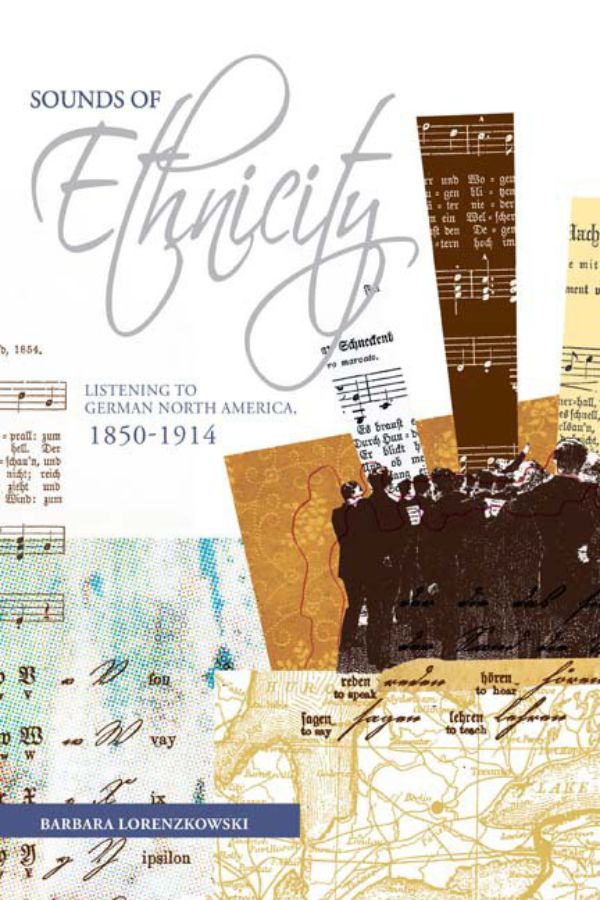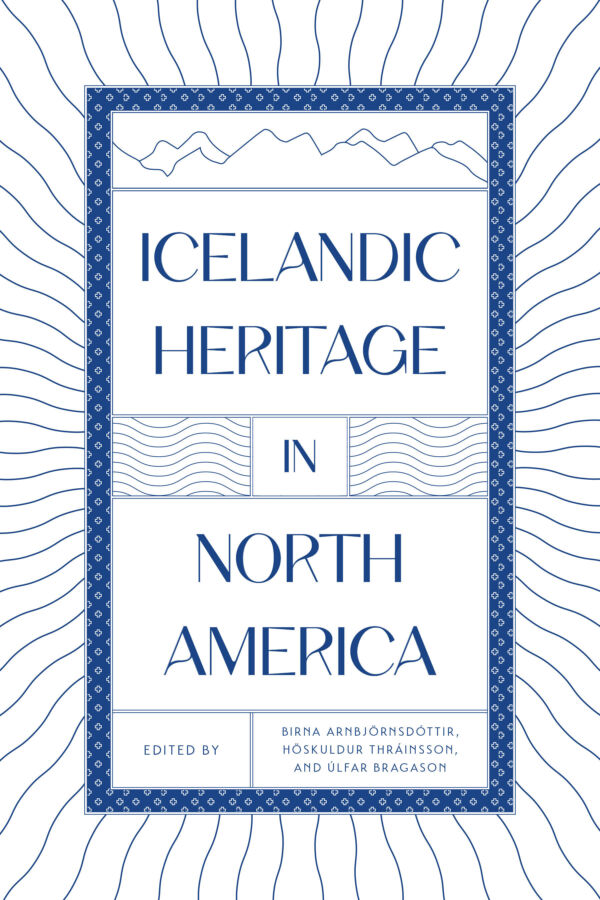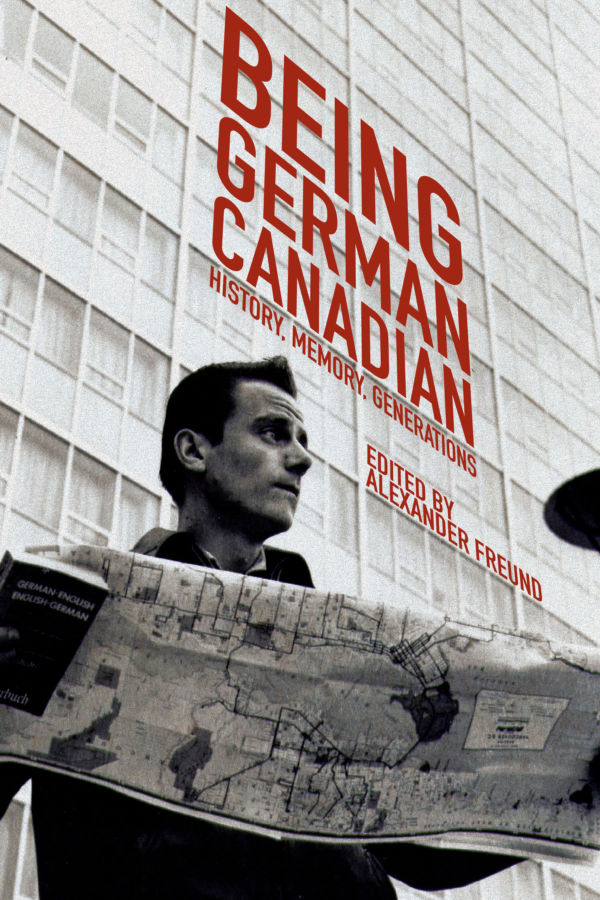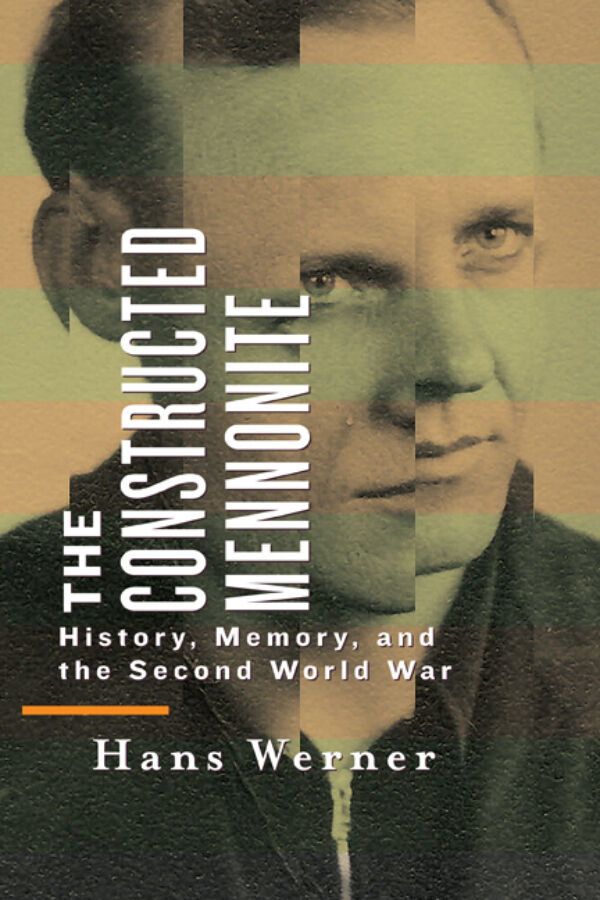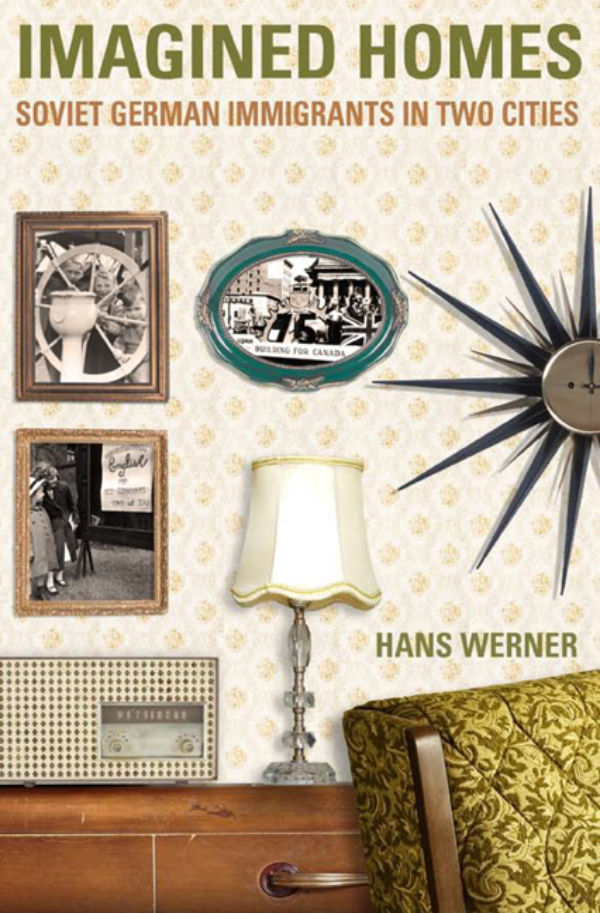Overview
Sounds of Ethnicity takes us into the linguistic, cultural, and geographical borderlands of German North America in the Great Lakes region between 1850 and 1914. Drawing connections between immigrant groups in Buffalo, New York, and Berlin (now Kitchener), Ontario, Barbara Lorenzkowski examines the interactions of language and music—specifically German-language education, choral groups, and music festivals—and their roles in creating both an ethnic sense of self and opportunities for cultural exchanges at the local, ethnic, and transnational levels. She exposes the tensions between the self-declared ethnic leadership that extolled the virtues of the German mother tongue as preserver of ethnic identity and gateway to scholarship and high culture, and the hybrid realities of German North America where the lives of migrants were shaped by two languages, English and German. Theirs was a song not of cultural purity, but of cultural fusion that gave meaning to the way German migrants made a home for themselves in North America. Written in lively and elegant prose, Sounds of Ethnicity is a new and exciting approach to the history of immigration and identity in North America.
About the Author
Table of Contents
Part 1: Language Matters
1: Territories of Translation – Language and Identity in the Popular Press, 1850 – 1914
2: Languages of Ethnicity – Teaching German at Waterloo County’s Schools, 1850 – 1915
3: Speaking Modern – The Culture of the German-language Classroom in Buffalo, New York, 1871 – 1918
Part 2: Music Matters
4: Tunes of Community, Melodies of Race – The Buffalo Singers’ Festival, 1860
5: Germania in Amerika – Nation and Ethnicity at the German Peace Jubilees, 1871
6: Soundscapes of Identity – Singing Ethnicity in the Great Lakes Region, 1874 –1912
7: Making a Musical Public – Myth, Music, and Modernity, 1883 – 1901

